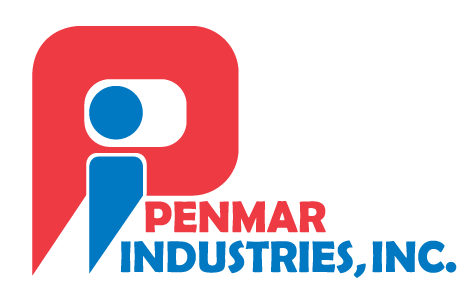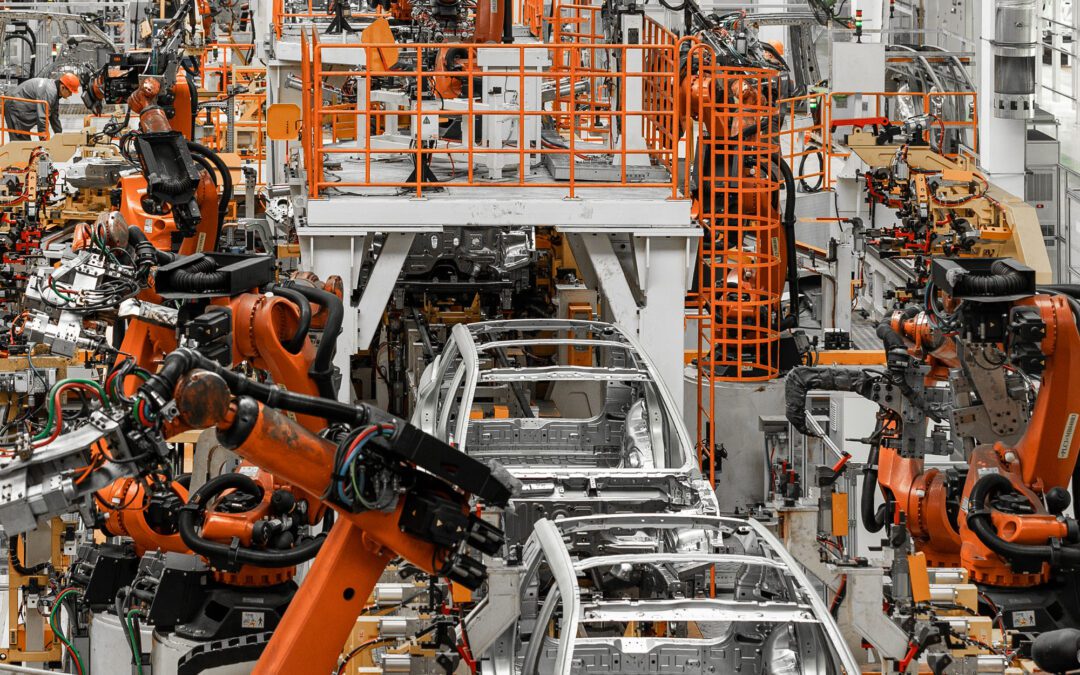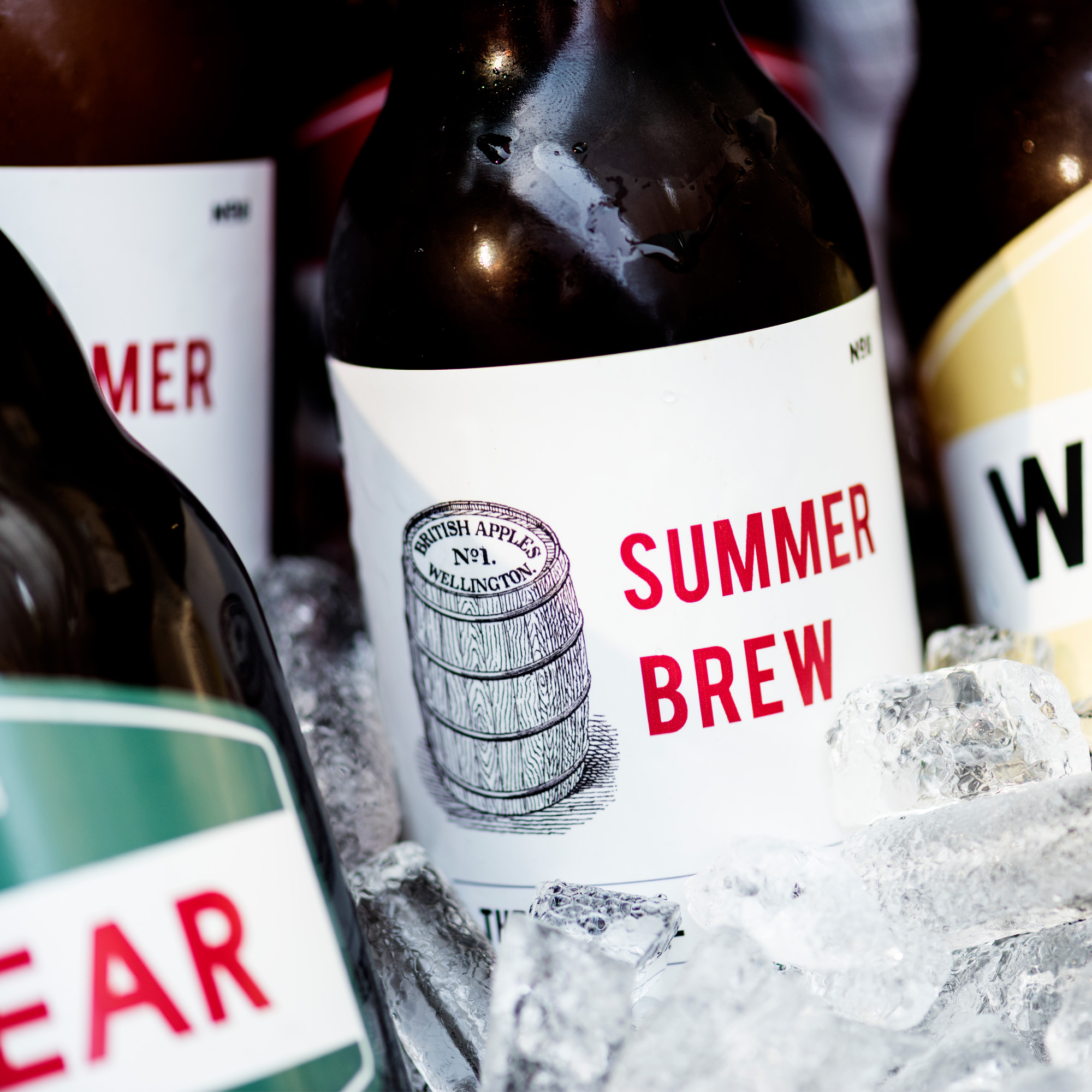Labels in the manufacturing industry serve various purposes, aiding in organization, identification, tracking, and compliance.
Here are some types of labels commonly used:
- Product Labels: These labels contain essential information about the product, such as its name, model number, specifications, and safety warnings.
- Barcodes and QR Codes: Used for inventory management, tracking, and supply chain logistics. Barcodes and QR codes encode information like serial numbers, part numbers, or batch numbers.
- Shipping Labels: These labels include shipping addresses, package contents, handling instructions, and carrier information. They ensure the smooth transportation of goods from the manufacturer to the end destination.
- Compliance Labels: These are required for products that need to meet specific regulatory standards. For example, labels indicating compliance with safety regulations, environmental standards, or industry-specific guidelines.
- Warning Labels: Provide information about potential hazards associated with the product or its usage. They help ensure user safety and mitigate risks.
- Instruction Labels: Offer guidance on how to assemble, install, operate, or maintain the product. These are especially important for complex machinery or equipment.
- Quality Control Labels: Applied during the manufacturing process to indicate quality inspection results, manufacturing date, lot numbers, or any defects found.
- Asset Labels: Used to track and manage equipment, tools, or other assets within a manufacturing facility. They often include unique identifiers for easy identification and inventory management.
- Work-in-Progress (WIP) Labels: Applied to products or components that are in various stages of the manufacturing process. They help track progress and manage workflow on the factory floor.
- Rack and Bin Labels: Used in warehouses and storage areas to identify the location of raw materials, components, or finished products. They facilitate efficient inventory management and retrieval.
- Serial Number Labels: Assign unique serial numbers to individual products for traceability. These labels help track products throughout their lifecycle, including manufacturing, distribution, and after-sales service.
- Custom Labels: Tailored to specific requirements or branding needs of the manufacturer. These labels can include logos, graphics, or specialized information unique to the company or product.
By utilizing these various labels, manufacturers can streamline their operations, ensure regulatory compliance, enhance product traceability, and ultimately deliver high-quality products.


